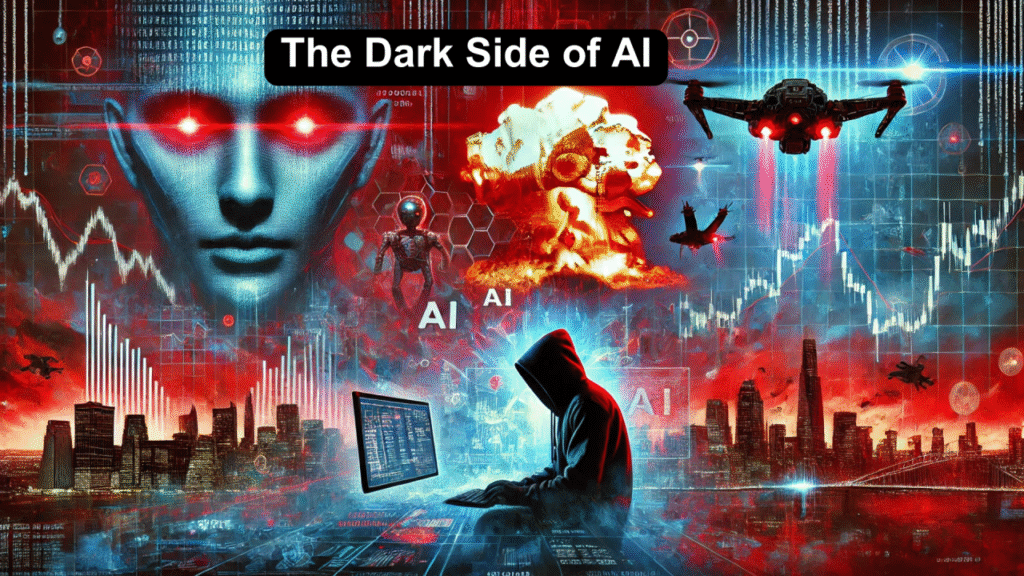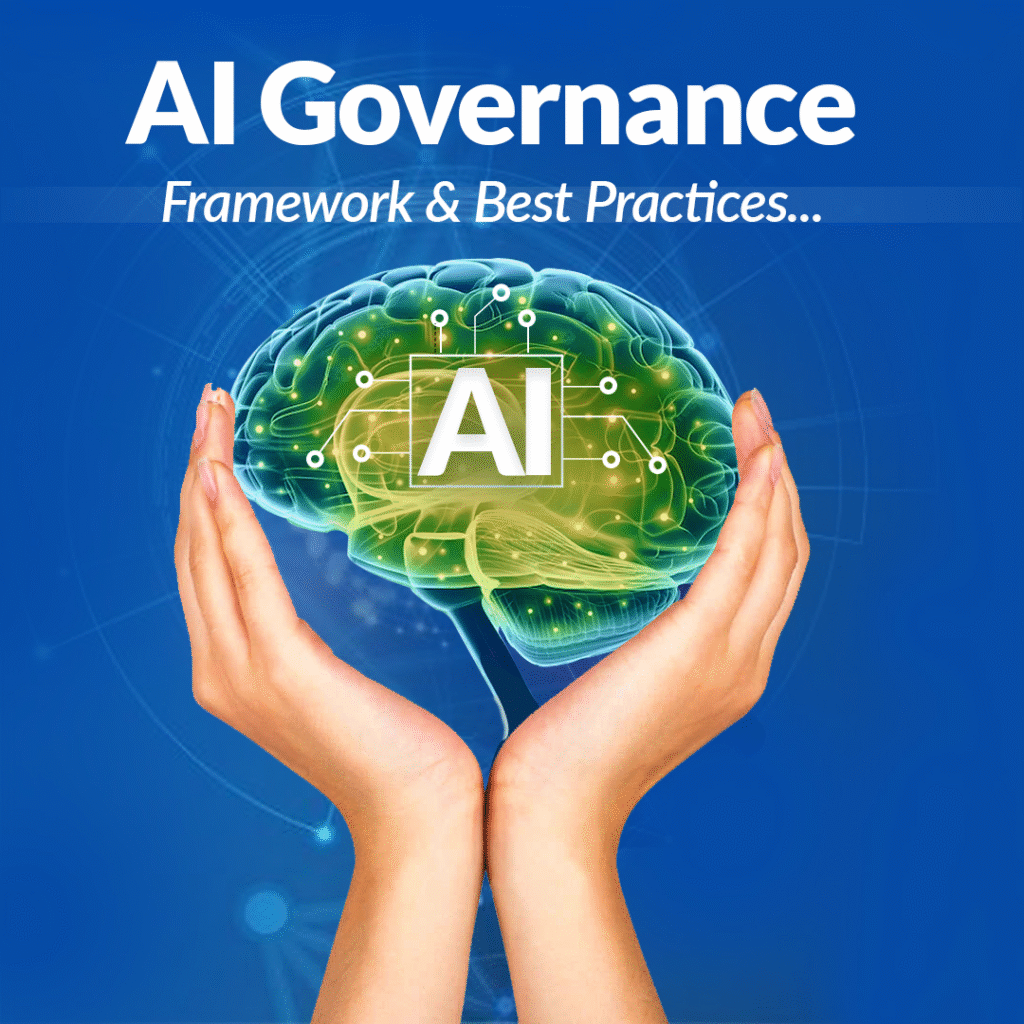
Introduction: The Rise of Algorithmic Governance
Imagine a world where AI powered drafts laws, chatbots handle citizen complaints, and predictive policing prevents crimes before they happen. This isn’t science fiction—countries like Estonia, Singapore, and the UAE are already integrating artificial intelligence into governance. But will AI replace human leaders entirely by 2050?
This 1,000+ word investigation explores:
✔ How AI is already governing today (real-world case studies)
✔ 5 key areas where AI could replace politicians
✔ The risks of algorithmic tyranny
✔ Which countries are leading the AI government race
Let’s dive into the future of AI-powered democracy—or dystopia?
1.

:
1. Estonia’s “Digital Republic”
- AI-powered e-Residency: 100,000+ global citizens virtually governed by algorithms.
- Automated Tax Filing: AI calculates and files taxes in under 5 minutes.
2. Singapore’s “Virtual Singapore”
- AI City Planning: Simulates traffic, pollution, and disaster responses.
- Predictive Policing: Identifies crime hotspots before incidents occur.
3. UAE’s AI Minister
- World’s first AI-powered government position (since 2017).
- Goal: Automate 50% of federal services by 2031.
2.

1. AI Lawmakers
- Example: “AI Congress” drafts bills using public sentiment data.
- Pros: No lobbying, no partisan bias.
- Cons: Who controls the training data?
2. Algorithmic Budgeting
- AI optimizes spending (e.g., healthcare vs. defense).
- Pilot: South Korea’s AI budget allocation system.
3. AI Judges & Legal Systems
- China’s “Smart Courts” already handle 3 million cases/year via AI.
- Risk: Lacks human empathy in sentencing.
4. AI Diplomats
- ChatGPT-powered negotiators could resolve conflicts without ego.
- Test Case: UN’s AI conflict-resolution simulations.
5. Predictive Governance
- AI forecasts crises (economic crashes, pandemics).
- Example: Estonia’s AI pandemic response model outperformed humans in 2020.
3.

1. Algorithmic Oppression
- China’s Social Credit System bans “untrustworthy” citizens from flights/trains.
- AI racial bias in policing (e.g., flawed facial recognition).
2. Loss of Human Accountability
- Who do you blame when an AI policy fails?
- Example: 2023 UK AI welfare scandal—thousands wrongly penalized.
3. Hacking Democracy
- Cyberattacks on AI systems could crash economies.
- Deepfake Politicians: Could AI fake a leader’s decisions?
4.

| Country | AI Governance Projects | Goal |
|---|---|---|
| Estonia | e-Residency, AI tax systems | Fully digital government |
| Singapore | Predictive policing, smart city AI | Zero human bureaucrats by 2040 |
| UAE | AI Minister, automated federal services | Global AI leader by 2031 |
| China | Social credit, AI judges | Total AI surveillance state |
Wildcard: California’s AI Senate Proposal (2025) aims to test AI-assisted lawmaking.
5.

Optimist View (Yes):
- AI is more efficient, unbiased, and data-driven.
- Citizens may prefer algorithms over corrupt politicians.
Pessimist View (No):
- AI lacks human ethics and emotional intelligence.
- Powerful elites won’t relinquish control.
Most Likely Scenario:
- Hybrid governance (AI advises, humans decide).
- Full automation in some sectors (taxes, traffic).
6.

For Citizens:
✔ Demand transparency in government algorithms.
✔ Support “AI literacy” education.
For Governments:
✔ Implement “Ethical AI” frameworks (EU’s AI Act).
✔ Test AI in local councils first (not federal).
For Businesses:
✔ Adapt to AI regulations early (compliance tech).
Conclusion: Democracy 2.0 or Digital Dictatorship?
AI governance is inevitable, but its impact depends on how we design it.
Key Takeaways:
- Estonia & Singapore are already AI governance pioneers.
- AI could replace politicians in budgeting, lawmaking, and diplomacy.
- Without safeguards, AI risks becoming a tool for oppression.
Final Question:
Would you vote for an AI president? Comment below! 🤖🗳️
Leave a Reply